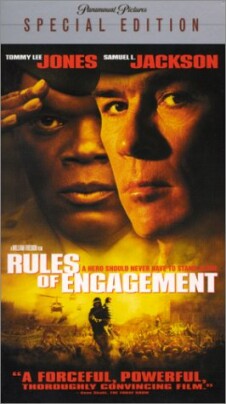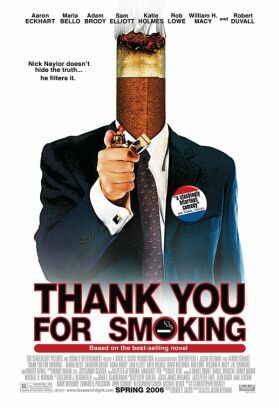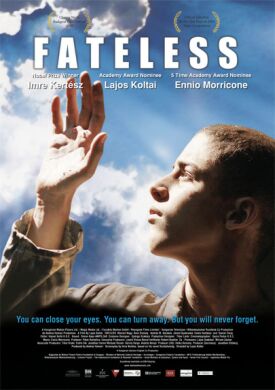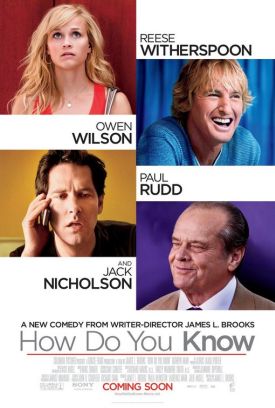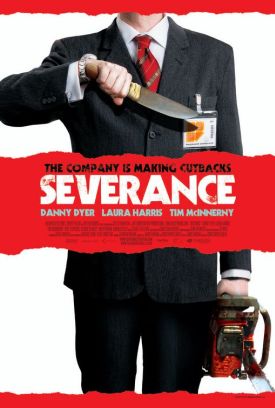Rules of Engagement
It pains me to have to criticize William Friedkin’s movie, Rules of
Engagement, because it is that rare thing, a pro- military movie out of
Hollywood. Moreover, its scenes of combat are well-made and gripping to
watch — both those set in Vietnam in 1968, when a younger Terry Childers
(Samuel L. Jackson) saved the life of a younger Hays Hodges (Tommy Lee Jones),
and those set in Yemen (supposedly) in 1996 when now Col Childers gets in a spot
of legal trouble. To wit, he and his little marine detachment kill 83
demonstrators outside our embassy there in the process of extricating the
Ambassador (Ben Kingsley) and his family from imminent peril. The outcry from
the Arab world at the massacre makes it imperative from the point of view of
National Security Adviser Bill Sokol (Bruce Greenwood) that Childers be made a
scapegoat, so he is charged with murder and chooses Hodges, now a marine lawyer
on the point of retirement, to defend him.
What follows is the movie’s justification of Childers, the old warrior,
particularly vis à vis a younger generation of Marines, symbolized
by the lead prosecutor, Major Mark Briggs (Guy Pearce), who have never seen
combat and who are rather improbably eager to convict Childers for doing his
best in a bad situation. The picture ought to be given a gold star just for not
being boringly and predictably anti-military, but its rehabilitation of the
warrior spirit of the U.S. Marines is at the expense not only of the young
popinjays who will succeed them but also of the U.S. political and diplomatic
service establishment, which are trashed in over-familiar ways, and of the good
people of Yemen, who whatever their shortcomings have never so far as I know
been known to behave as they do in this movie.
For you don’t have to be an Arab to resent its portrait of the Yemenis as a
gang of sullen, sneaky, ugly terrorists. Their leaders fiendishly disguise a
murderous mob, intent for undisclosed reasons on massacring the inhabitants of
the U.S. embassy compound and their defenders, as a peaceful demonstration.
Putting women and children out in front, they open fire on Col Childers’s
Marines, who are on exposed positions on the embassy roof. The women extract
automatic weapons from beneath their chadors and join enthusiastically in the
shooting. Those soft, sentimental Americans won’t dare to return fire if it
means shooting women and children, they think. They’d rather die first. Oh yeah,
you miserable camel jockeys? Just you watch us! “Waste the m*****f*****s!”
orders Col. Childers who, as we know but the A-rabs don’t, murdered a POW in
cold blood in order to save the life of his friend, Col Hodges, in Vietnam.
Oops. That insufferable Major Biggs has not only got hold of this 30 year-old
story but has even got the North Vietnamese officer whom the shooting of the POW
was designed to impress to come and testify about it in court. I may be wrong,
but however riddled with political correctness the military justice system may
be, I think the idea of a former enemy soldier being allowed to testify at an
American court martial against an American officer about the American’s actions
in combat against him is so preposterous that even the most wimpy Pentagon desk
jockey would laugh at it. Of course, the suddenly electrified Col. Hodges is
shown turning aside the force of this testimony by inducing the immensely
dignified Vietnamese gentleman to admit that, had their situations been
reversed, he would have done exactly the same as Childers. Obviously, Biggs
never thought of that!
There is, still, a problem with Arab terrorism, just as there is a problem
with trigger-happy soldiers in police situations, but this movie is not
interested in such real-world dilemmas. Instead, it dumbs down the moral
difficulties it raises for an audience of children by caricaturing both the Arab
terrorists and the American soldiers. The wickedness and unattractiveness of the
former are as exaggerated as the innocence of the latter. For not only is poor
Childers the victim of Machiavellian international politics and a military
establishment full of callow and untested “beach boys” but also of the perfidy
of Mr Sokol who deliberately suppresses evidence in the form of a security
camera videotape that could have led to Childers’s exoneration.
Instead, this happy event is made the issue of Col. Hodges’s masterful
summing up to the jury in which he regains some of his own self-respect after
his own victimization by alcohol and divorce and disappointment and the too-high
expectations of his hero-father. These things are almost as much stressed as
Childers’s innocent sufferings and are supplemented by a gratuitous shot of
Hodges weeping at the Vietnam Memorial. These are all further indications, if
further indications were needed, of the extent to which the standard of goodness
in American movies these days, as in so much of American society, is suffering
rather than any active virtue. Hodges wins his case by appealing to the proudest
traditions of the U.S. Marines, but if this movie were to be believed, those
traditions in the future will have to include self-pity.
Discover more from James Bowman
Subscribe to get the latest posts to your email.

